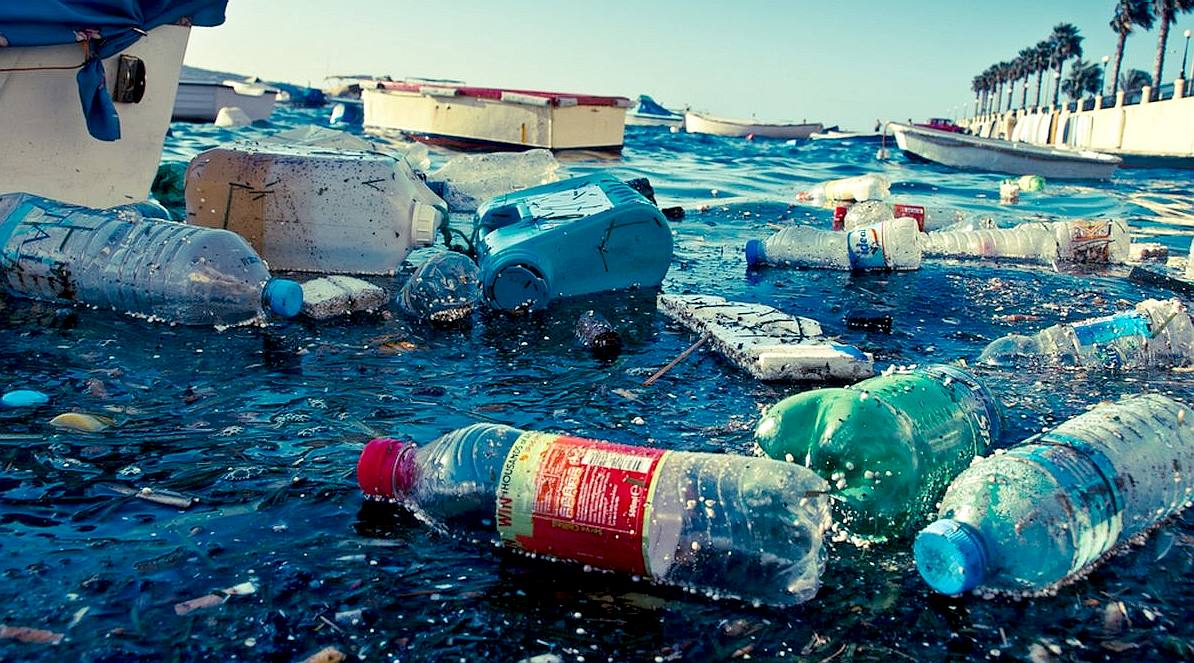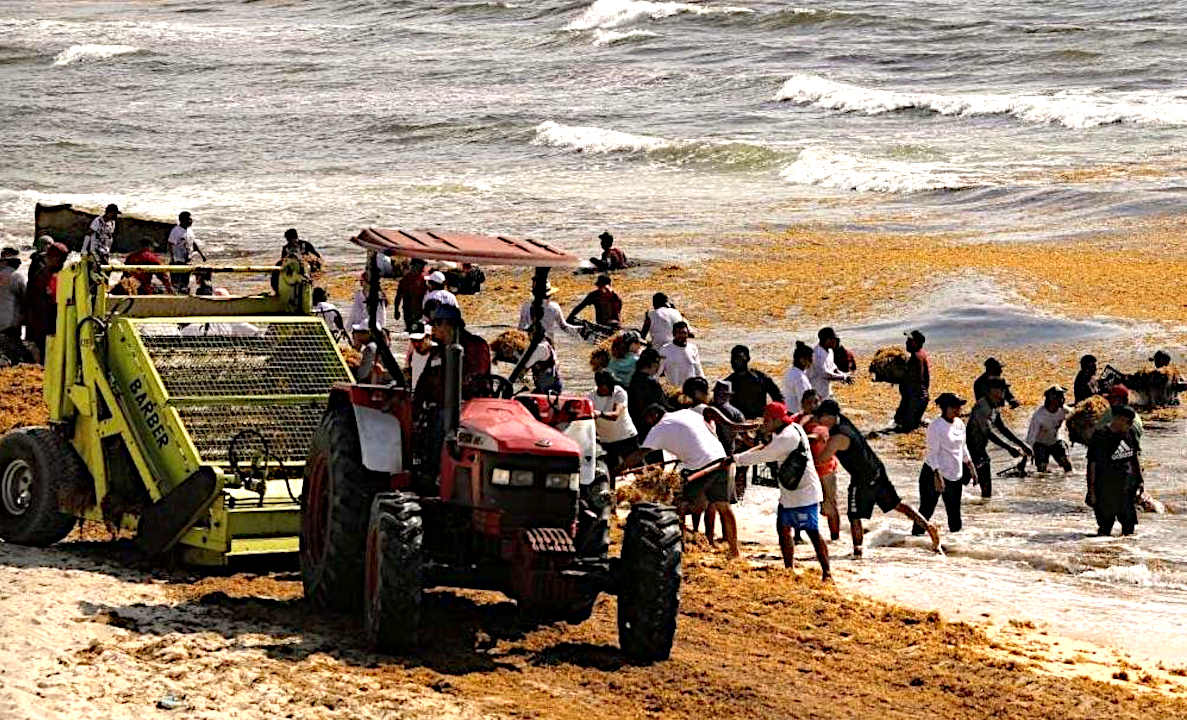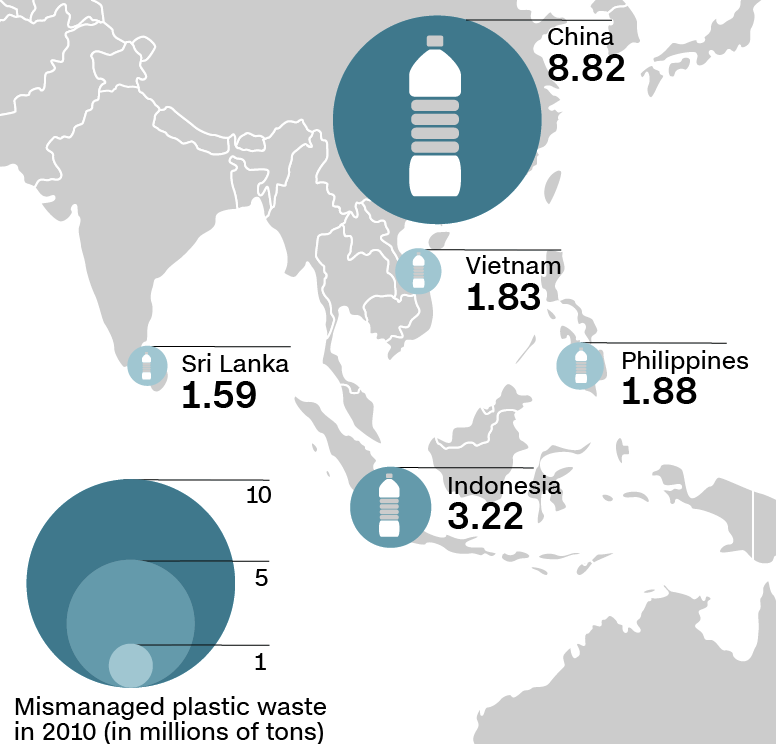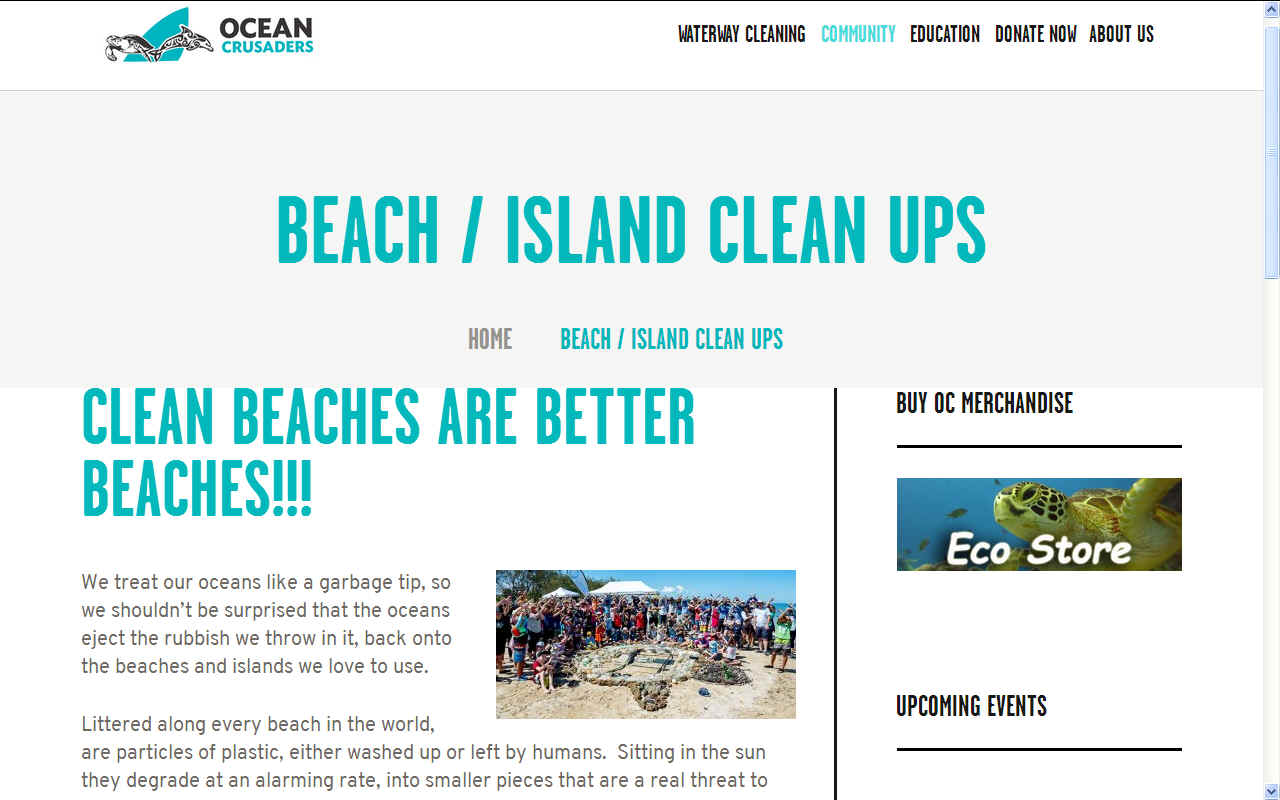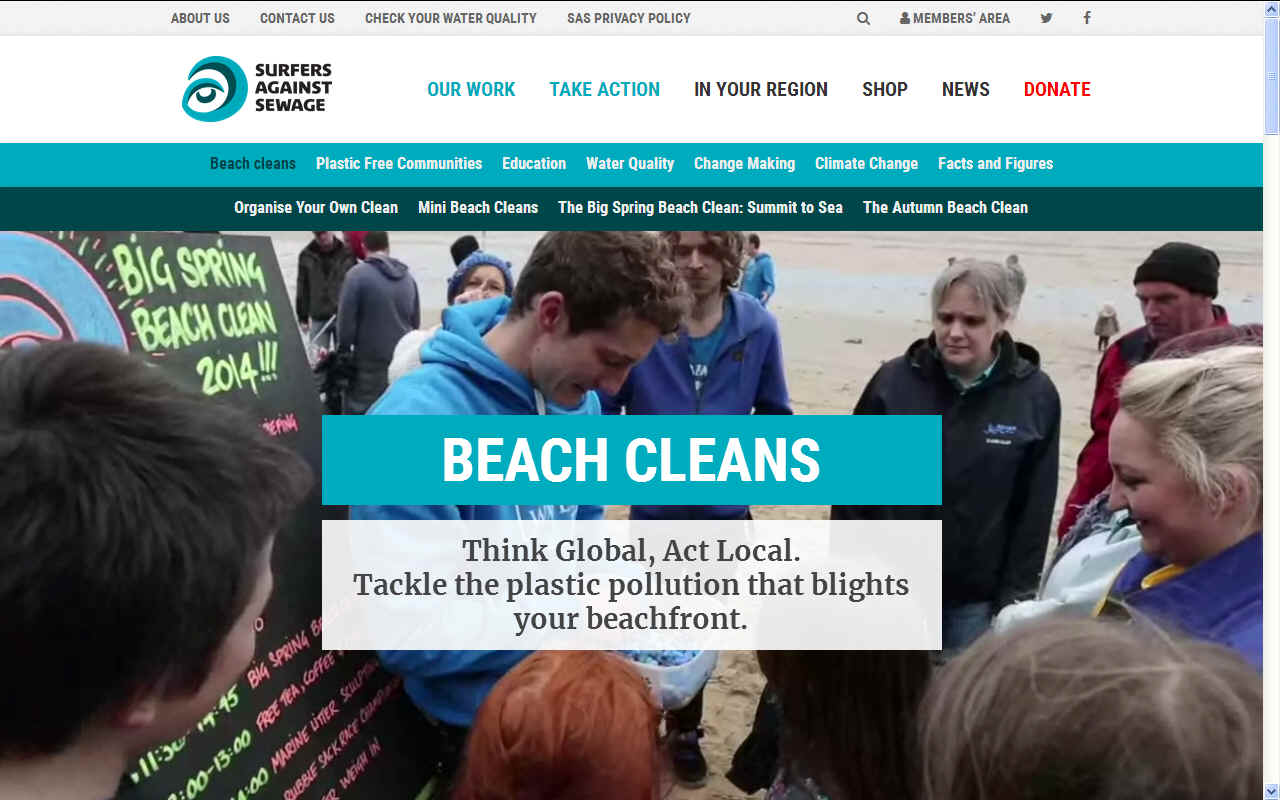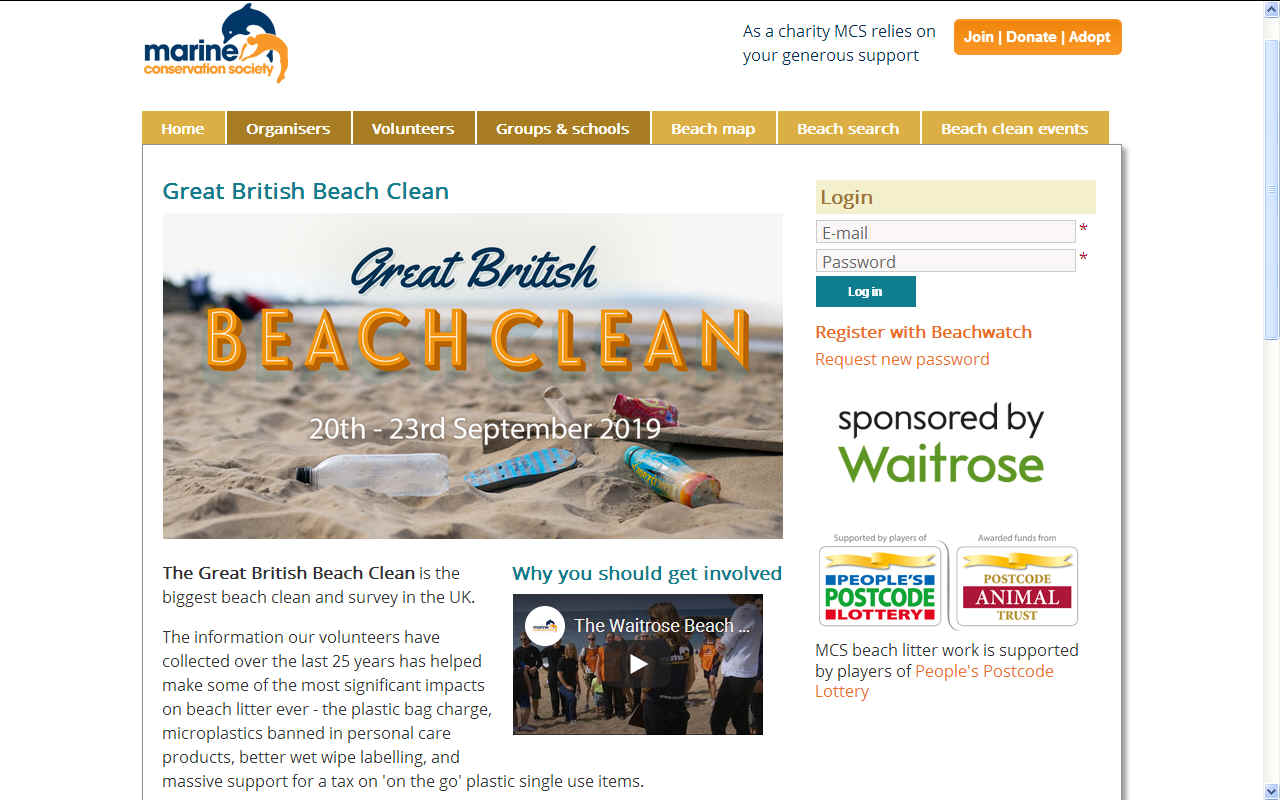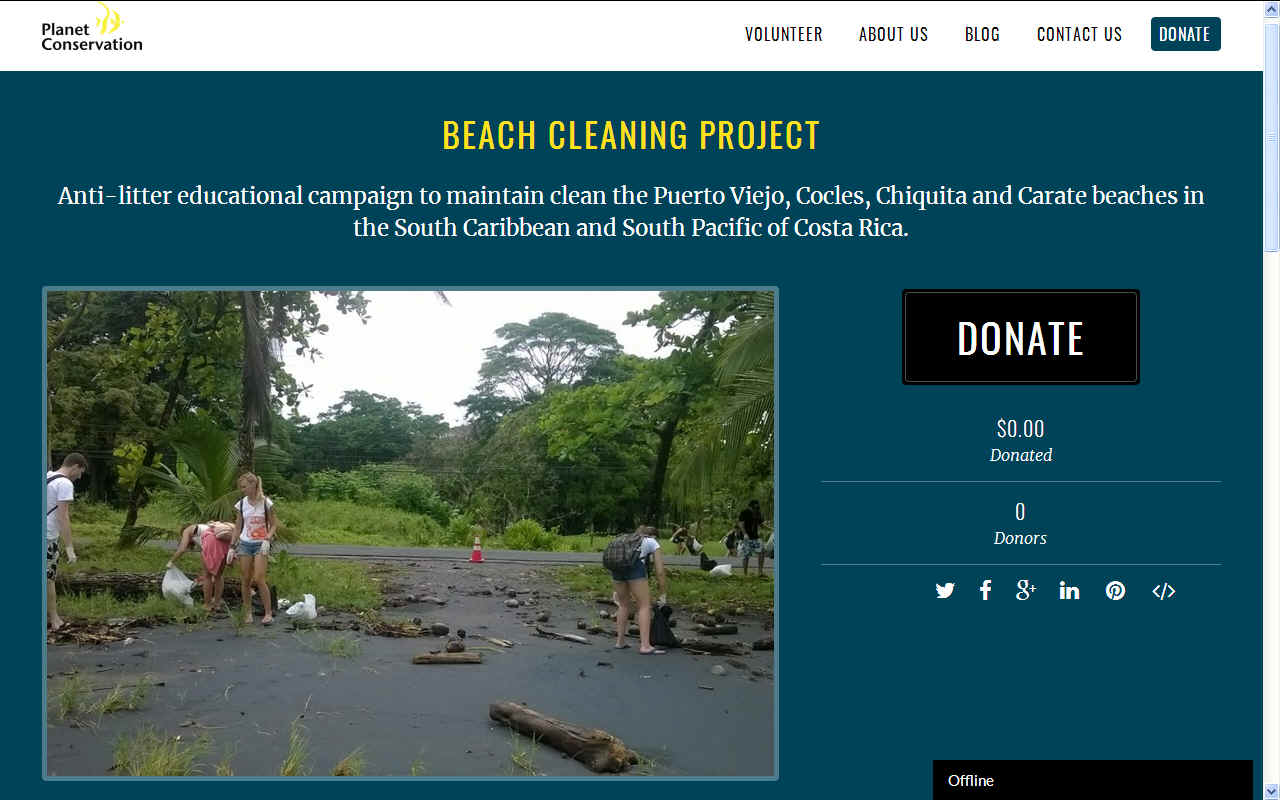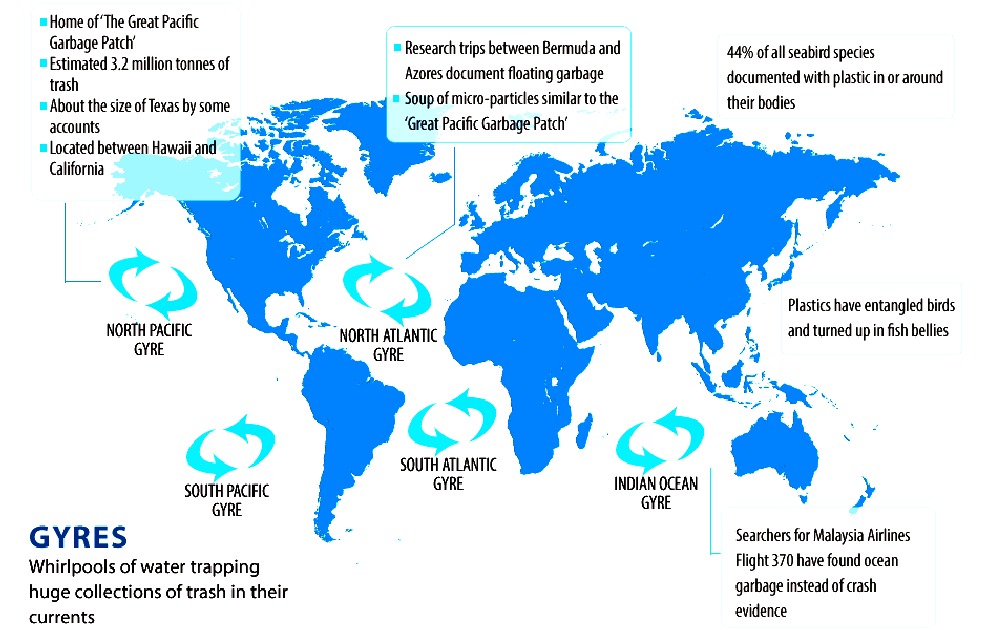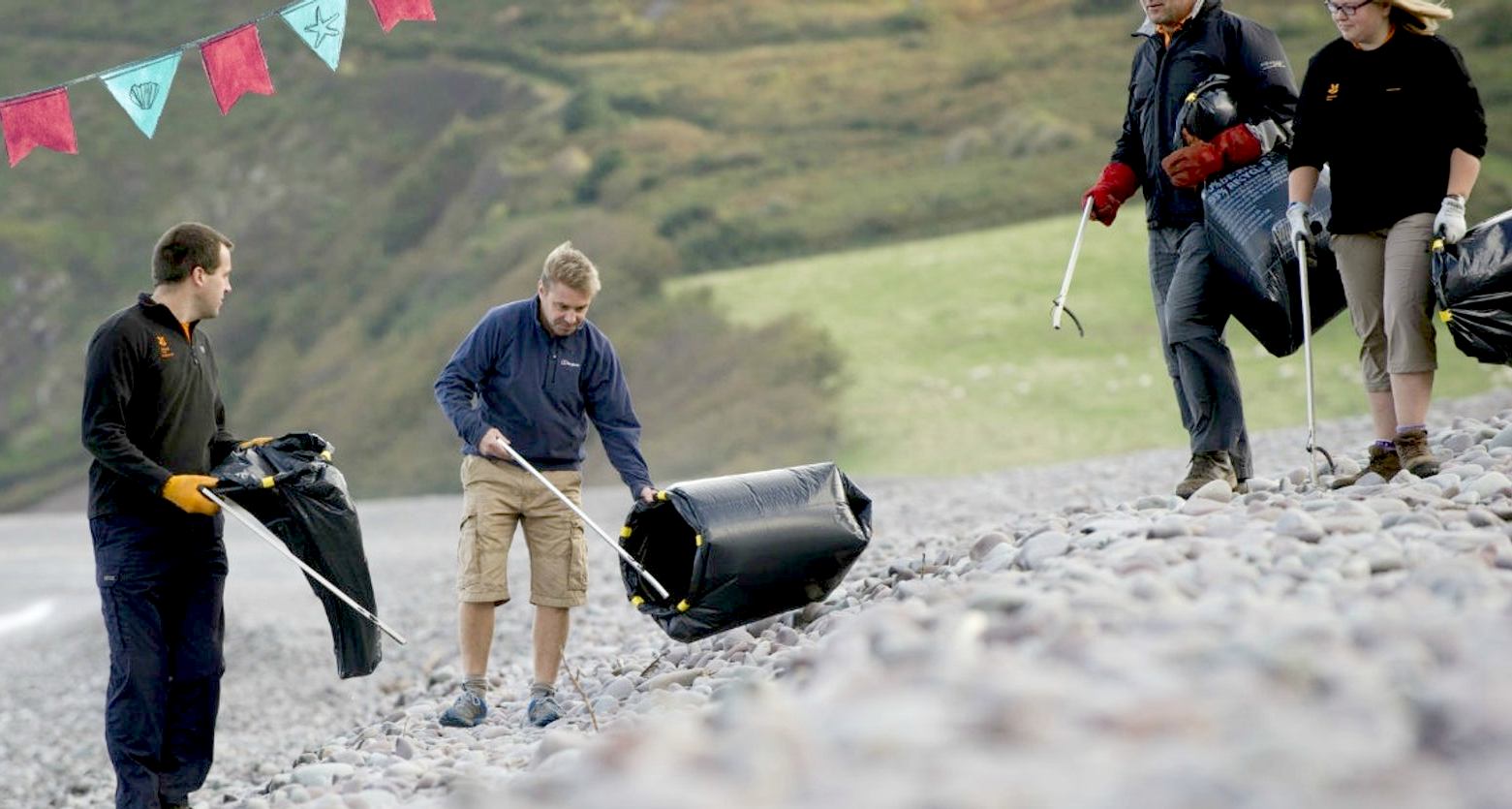|
BEACHES & CLEANING
Beach cleaning is a modern phenomenon brought about by members of the public who are so concerned about plastic litter, that they are prepared to give up their time to walk our shores with picking sticks and (ironically) plastic sacks, to rid sections of beaches of whatever the tide and tourists have delivered in the preceding weeks.
At the Foundation we think that is amazing. With the combined efforts of other more 'mass cleanup' projects, we may eventually beat back the tide of plastic that is set to choke marine life, with more plastic in the oceans than fish by 2050, according to authoritative study by the Ellen MacArthur Trust.
Growing from individual volunteers efforts, a number of charities have sprung up all over the world to organise big beach cleaning parties, again all volunteer driven. But even so, compared to the 8 million tons per year emanating from our rivers and coastlines, they cannot hope to keep pace with the output of modern society. Even the efforts of 4Ocean @ 250 tons over 2.5 years is barely scratching the surface.
AUGUST 2022 - When it come to beach cleaning, marine litter almost pales into insignificance compared to sargassum in the Caribbean Sea and Gulf of Mexico areas, with the Sargasso Sea producing colossal seaweed blooms of over 24 millions tons this year, an increase over 18 million tons in 2021. It would take a fleet of 300 specially adapted SeaVax-Sagasso™ machines, trawling the North Atlantic, operating at a speed of one load per hour, to deal with such quantities. Clearly, that is not going to happen, where (by way of example) the world would not pay to clean the ocean of plastic, using equivalent fleets. The only sparkle on the brown tinged horizon is that sargassum can be a cash crop. Even so, the sums being bandied about don't come close to managing this crisis. The islanders might form cooperatives, using emergency status to generate sufficient funds to pay for machine like the SeaVax-Calypso™ - to keep their white sands pristine - instead of a rotting health hazard.
BEACH CLEANING STATISTICS
If we multiply the collection ratio by the number of organizations around the world @ 4 big beach cleans per country per year we can begin to see the scale of the problem.
As a toe in the water exercise, we estimated that roughly 150 tons of marine litter is picked up per country (reported and unreported) every year, multiplied by 100 (of 192 coastal) countries = 150,000 tons, as one fiftieth of the incoming or 2%. Boyan Slat's drifting scoops add another 8.33%, taking us to 10.5% if we include other efforts such as the SeaBin.
That is not bad going. Hence, beach cleaning is very likely making a big difference. But 89.5% is flushed out to sea to eventually settle on the ocean bottom, much of it having been ingested by marine life.
For this reason it is vital to note the statistics and ratio of volunteers to plastic collected to define a world wide strategy that is both enduring and cost effective in climate change terms, as well as in added value to the ocean economy.
TOP TEN - 1. China 2. Indonesia 3. Philippines 4. Vietnam 5. Sri Lanka 6. Thailand 7. Malaysia 8. Egypt 9. Nigeria 10. Bangladesh
OCEAN CRUSADERS
The Australian 'Ocean Crusaders' clean beaches and islands so that their wildlife is safe, also for the benefit of humans when they are cleaner and safer.
FAST FOOD SLOW DEATH - It's not just fast food, it is our exploitative society that is poisoning the planet, without thought for the consequences. We've been living at artificially low prices at the expense of killing other life on earth. Eat cheap now and suffer expensively later, with health services picking up the tab and costing the taxpayer more than if we'd dealt with ocean dumping up front. We are talking here about the consequences of eating toxic fish. Technically, it is possible to remove plastic from seawater. There are two projects currently trying to achieve this, the Ocean Cleanup Projects of Boyan Slat and his giant floating booms, and the Cleaner Ocean Foundation and SeaVax.
CARBON & PLASTIC FOOTPRINTS
In collecting plastic from our beaches would it be better to use diesel powered cleaners or humans?
Diesel engines add to global warming and spew particulates, whereas humans eat food and drive cars to get to the beaches, so adding to global warming.
Then we might consider electric cleaners that are solar powered !!!
SURFERS AGAINST SEWAGE
Surfers Against Sewage host two huge volunteer led Beach Clean events every year - the Big Spring Beach Clean and the Awesome Autumn Beach Clean. Thanks to 35,500 people volunteering the 2018 Big Spring Beach Clean saw this group remove over 63 TONNES of marine plastic pollution and litter from 575 beaches across the UK.
MARINE CONSERVATION SOCIETY - GREAT BRITISH BEACH CLEAN
According
to their website between the 14th and 17th of September 2018, thousands of people headed to hundreds of UK beaches with one thing in mind – to make a dent in the amount of litter covering our coastline.
Finally, beach cleaning is cool and mainstream - and we’re delighted - we’ve waited 25 years for this moment!
BEACH CLEANING IN THE USA
Beach Clean-Ups help the Local Economy – Beaches are an ideal tourist attraction. By helping maintain the highest standards, and keep our beaches clean, we can ensure that tourists continue to visit local beaches.
The revenue generated from the support of tourists is essential to the local population, whose main source of revenue revolves around tourism and fishing. Coastal tourism and commercial
fishing are a vital part of the Texas economy, contributing about $8.9 billion per year.
Beach clean-ups help reduce this risk towards the survival of marine wild life, and helps the overall marine system remain a little safer and healthier for all.
Among the earliest and most renowned beach cleanup in Texas was one organized by Linda Maraniss, a former employee of Ocean Conservancy (then known as the Center for Environmental Education). Being appalled at the amount of trash she saw on a trip to the beaches of South Padre in 1986, she would team up with like-minded people to organize a beach cleanup. In a mere two hours, 2,800 Texans would pick up 124 tons of trash along 122 miles of coastline.
The world’s first statewide volunteer beach cleanup would be held on October 13, 1984, under the title “Plague of Plastics”. Local coastal garbage haulers would volunteer to haul all the collected debris to local landfills at no charge. In all, 2,100 volunteers removed 26.3 tons of debris at that first beach cleanup.
PLANET CONSERVATION ANTI LITTER CAMPAIGN 2017
THE
FIVE Rs Refuse, Reduce, Reuse, Recycle, and Repair
BEACH CLEANING A - Z
CLEETHORPES JUNE 8 2019 - WORLD OCEANS DAY 2019
LINKS & REFERENCE
https://www.terracycle.com/en-GB/brigades/beach-plastic-programme https://www.planetconservation.org/campaigns/beach-cleaning-project-2017/ http://oceancrusaders.org/beach-cleaning/ https://www.countryfile.com/go-outdoors/beach-cleaning-events-to-join-in-the-uk/ http://www.beachcleaner.com/ http://www.beachcleanercayman.com/about-us/ https://beachclean.net/about https://www.nationaltrust.org.uk/features/beach-cleans https://www.mcsuk.org/beachwatch/greatbritishbeachclean https://www.sas.org.uk/our-work/beach-cleans/
BUILD UP - Plastic has accumulated in five ocean hot spots called gyres, see here in this world map derived from information published by 5 Gyres. All that plastic just floating around is a huge waste of resources in a sustainable sense, where we should be aiming for a circular economy.
PLEASE USE OUR A-Z INDEX TO NAVIGATE THIS SITE
ABS - BIOMAGNIFICATION - CANCER - CARRIER BAGS - COTTON BUDS - DDT - FISHING NETS - HEAVY METALS - MARINE LITTER - MICROBEADS MICRO PLASTICS - NYLON - OCEAN GYRES - OCEAN WASTE - PACKAGING - PCBS - PET - PETROLEUM - PLASTIC - PLASTICS - POLYCARBONATE POLYOLEFINS - POLYPROPYLENE - POLYSTYRENE - POLYTHENE - POPS - PVC - SHOES - SINGLE USE - SOUP - STRAWS - WATER
BIOMASS - BUILDING MATERIALS - CANCER - CLOTHING & SHOES - CO2 SEQUESTRATION - COSMETICS FERTILIZERS - FOODS - MEDICINES - MINERALS - PACKAGING - SUPPLEMENTS - VITAMINS
This website is provided on a free basis as a public information service. copyright © Cleaner Oceans Foundation Ltd (COFL) (Company No: 4674774) 2022. Solar Studios, BN271RF, United Kingdom. COFL is a company without share capital.
|
